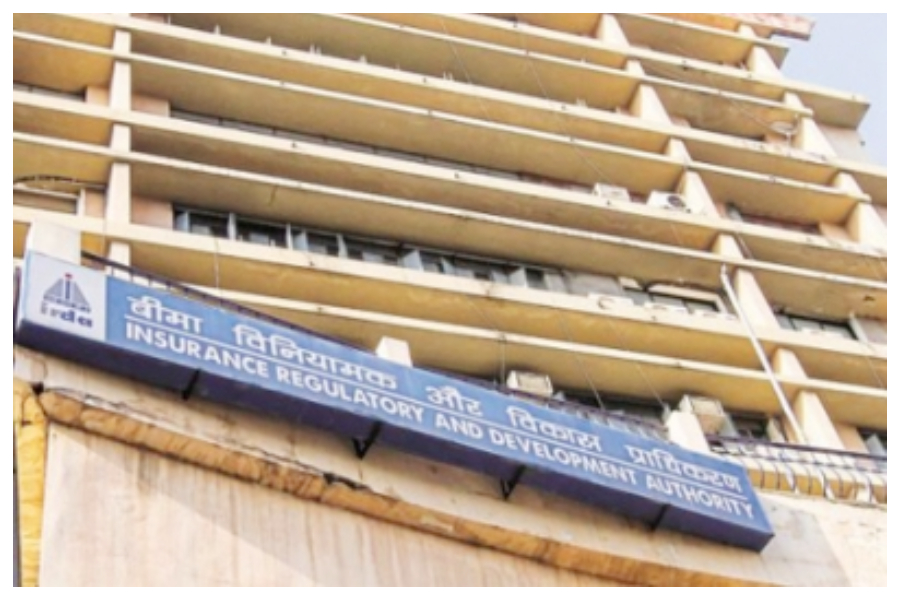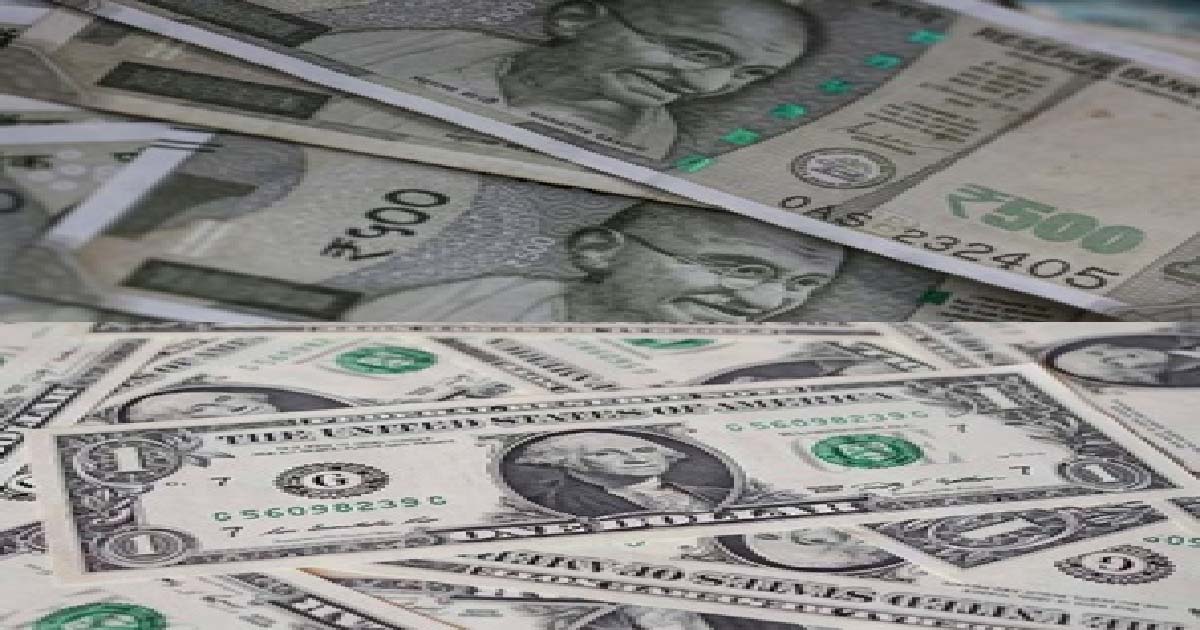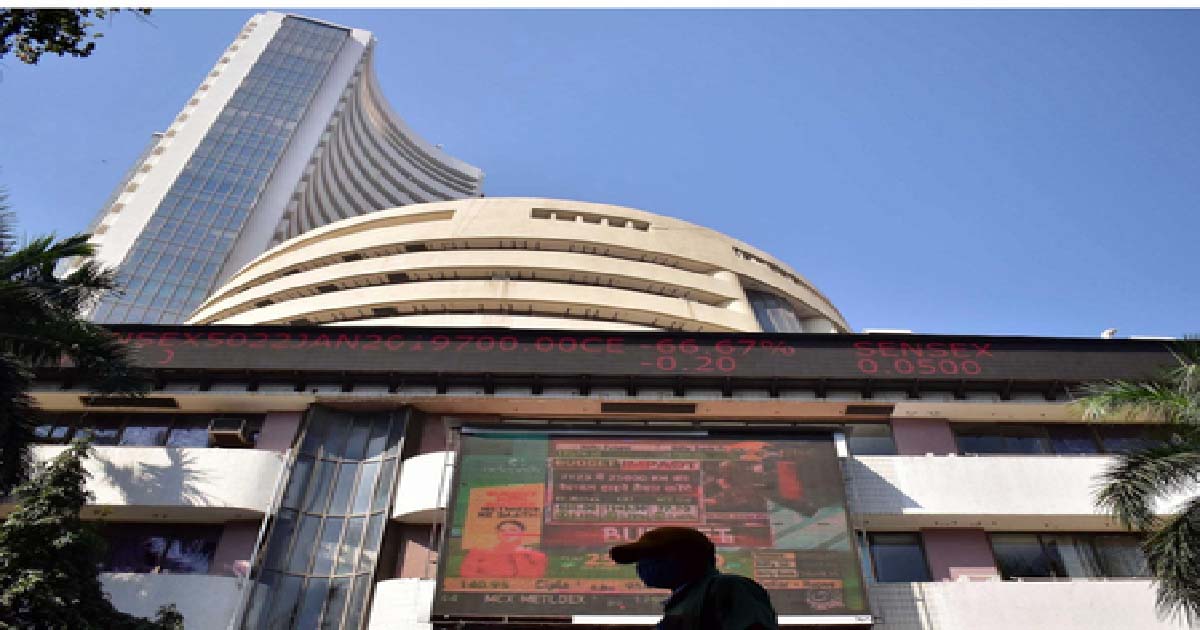Business
‘IAI’s Disciplinary Committee report can be precedent for ICAI, other institutes’

Is the remittance of part of the consultancy fee to the Insurance Regulatory and Development Authority of India (IRDAI) by an employee as per service condition a professional misconduct?
Yes says, a Disciplinary Committee set up by the Institute of Actuaries of India (IAI).
The IAI Disciplinary Committee’s decision would also have a bearing on the chartered accountants in a similar position as the Committee’s report was also signed by Uttam Agarwal, then President of Institute of Chartered Accountants of India (ICAI), said a senior accountant.
The ICAI has similar rules for professional misconduct.
K.Subrahmanyam, retired Executive Director (Actuary), IRDAI, has knocked the doors of Telangana High Court seeking justice against IAI Disciplinary Committee declaring him as guilty of professional misconduct.
He also wondered about the IRDAI’s silence on the issue after issuing him the permission in writing and accepting his remittance for several years.
The IAI’s Disciplinary Committee in 2021 had declared Subrahmanyam as guilty of professional misconduct.
The misconduct he was accused of is the payment of a part of his actuarial consulting fee to the IRDAI while in service between 2000-2011 as per his employment condition.
He was allowed to carry on actuarial consulting practice by the IRDAI subject to the condition that he remits 25 per cent of the consulting fees with the regulator.
“I carried on my consulting practice and remitted 25 per cent of the fee to IRDAI between 2000 and 2011,” Subrahmanyam told IANS.
“As a matter of fact, Subrahmanyam had consulted the Government of Nepal and Sri Lanka apart from others,” a retired senior IRDAI official told IANS preferring anonymity.
In 2017, six years after his retirement from IRDAI, Subrahmanyam got a shock as actuary N. Srinivasan made a complaint to IAI against him for professional misconduct – for remitting part of his fees to the IRDAI.
Incidentally, the IAI did not even consider the IRDAI’s former Chairman N. Rangachary’s communication clarifying the issue while setting up a Disciplinary Committee to proceed against Subrahmanyam.
In his letter to IAI President, Rangachary had said: “The ASI (Actuarial Society of India) which controlled your profession and consisted of very few members most of them in employment possibly outside India.”
The IRDAI was engaged seriously in seeing to it that a vibrant actuarial profession was functional. One such move was to permit some actuaries in employment to take up assignments in the area of attestation, he added.
Referring to the initiation of the disciplinary proceedings against, Rangachary said: “As Chairman of the authority (IRDAI) I had permitted him (Subrahmanyam) to engage himself in practice in a limited number of cases but subject to the regulations of the authority. Since there was an interchange between the regulator and the profession, both of whom were in the early growth stage, it was then prescribed that as is normally adopted by both the government and statutory bodies a small percentage was to be remitted to the employer.”
Nevertheless, the IAI Disciplinary Committee declared Subrahmanyam as guilty of misconduct under The Actuaries Act 2006 Section 31 Part I and sub section 2 which reads: “An Actuary in practice shall be deemed to be guilty of professional misconduct, if he pays by way of remuneration to an employee, pays or allows or agrees to pay or allow, directly or indirectly, any share, commission or brokerage in the fees or profits of his professional business, to any person other than a member of the Institute or a partner or a retired partner or the legal representative of a deceased partner.”
The Chartered Accountants Act has an identical provision for professional misconduct.
“If a similar issue happens in another regulatory institution like ICAI, the same action will be taken. This is fortified by the ICAI President signing the IAI Disciplinary Committee report,” P.S.Prabhakar, President, Society of Auditors, told IANS.
Business
India reaches 709 million active UPI QRs, logs 59.33 billion transactions in July-Sep

Mumbai, Dec 18: The unified payments interface (UPI) transaction volumes rose 33.5 per cent (year-on-year) to 59.33 billion transactions in the July-September period, as transaction value grew 21 per cent to Rs 74.84 lakh crore, a report showed on Thursday.
India reached 709 million active UPI QRs, marking a 21 per cent increase since July 2024. Dense QR acceptance across kiranas, pharmacies, transport hubs, and rural markets has made scan-and-pay the default payment mode nationwide, according to the report by Worldline India.
Person-to-merchant (P2M) transactions continued to outpace person-to-person (P2P), reflecting UPI’s dominance in everyday retail payments.
P2M transactions were up 35 per cent to 37.46 billion transactions while P2P transactions rose 29 per cent to 21.65 billion transactions, the report said.
The third quarter (Q3 2025) further reinforced India’s position as the world’s most dynamic real-time payments economy — where every scan, tap, and click is reshaping consumer and merchant behaviour.
The average ticket size declined to Rs 1,262 (from Rs 1,363), highlighting increased usage for micro-transactions such as mobility, food, healthcare essentials, and hyperlocal commerce.
Point of sale (PoS) terminals grew 35 per cent to 12.12 million (July 2024–July 2025). Bharat QR stood at 6.10 million, witnessing marginal decline amid the shift toward UPI QR dominance.
Private banks led acceptance deployment, accounting for 84 per cent market share. While credit card issuance grew by 8 per cent (on-year) to 113.39 million cards, debit cards reached 1.02 billion and prepaid cards stood at 470.1 million.
Credit card transactions grew 26 per cent to 1.45 billion, with transaction value at Rs 6.07 lakh crore. Debit card transactions declined 22 per cent, reflecting migration of low-ticket spends to UPI, the report showed.
Mobile and tap-based payments continued to accelerate, with contactless adoption gaining momentum across metros, mobility services, and quick-service retail.
“The outlook for Q4 2025 and early 2026 points to accelerated innovation and deeper ecosystem integration. Interoperable QR is expected to move from pilot phases to everyday usage across mobility, healthcare, fuel stations, and public utilities—delivering a unified scan-and-pay experience,” the report mentioned.
Business
Indian rupee likely to bounce back strongly in 2nd half of next fiscal: SBI report

New Delhi, Dec 17: Geopolitical uncertainties driven by the delay in the India-US trade deal have been the single-most important reasons for the rupee sliding against the US dollar, an SBI Research report said on Wednesday, adding that the rupee is likely to bounce back strongly in the second half of the next fiscal.
India’s trade data shows the remarkable resilience in navigating through prolonged uncertainty, more protectionism and labour supply shocks.
“While the geopolitical risk index has moderated since April 2025, the current average value of the index for April-October 2025 is much greater than its decadal average, which indicates how much pressure global uncertainties are exerting on INR,” State Bank of India’s (SBI) Group Chief Economic Advisor, Dr Soumya Kanti Ghosh, said.
Dr Ghosh further stated that consistent with their empirical analysis, “the rupee is currently in a depreciating regime and is likely to exit it”.
After breaching the psychologically important mark of 90 per US dollar, the rupee crossed the 91-level on Tuesday.
However, the rupee staged a sharp recovery on Wednesday, trading as strong as 90.25 during the day, as the cooling of crude prices also contributed to improved sentiment.
According to the SBI report, the data also indicates that the current fall is the quickest (in terms of number of days) of the rupee, scaled to 5 per USD. In less than a year, the rupee has slid from 85 to 90 per dollar.
The current slide appears to be primarily driven by FPI outflows, chiefly equities (after two years of robust inflows) and uncertainty regarding the US-India trade deal.
Since April 2, 2025, when the US announced sweeping tariff hikes across economies, the Indian rupee (INR) has depreciated by 5.7 per cent against USD (most amongst the major economies), notwithstanding sporadic phases of appreciation owing to optimism over the US-India trade deal.
“While INR is the most depreciated currency, it is not the most volatile. This clearly indicates that the 50 per cent tariff imposed on India is one of the major factors behind the current phase of rupee depreciation,” the SBI report noted.
Business
Indian markets hit fresh highs in November, outshine global peers: Report

Mumbai, Dec 17: Indian equity markets touched fresh all-time highs in November and clearly outperformed global markets, a new report said on Wednesday.
The data compiled by PL Asset Management said India emerged as a bright spot at a time when many global markets struggled due to weak technology stocks, fading enthusiasm around artificial intelligence and soft economic data from China.
The report noted that record-low inflation, steady domestic growth and reasonable valuations improved the overall outlook for investors.
“While global markets remained uneven, India benefited from strong local demand, supportive liquidity and a predictable policy environment,” the report said.
Inflation played a major role in boosting market sentiment during the month. Consumer price inflation fell sharply to just 0.25 per cent, the lowest level on record and far below the Reserve Bank of India’s target of 4 per cent.
This sharp fall strengthened expectations of further interest rate cuts, which supported equity valuations. Reflecting confidence in the economy, the RBI raised its GDP growth forecast for FY26 to 7.3 per cent.
India also recorded strong GDP growth of 8.2 per cent in the second quarter of FY26, reinforcing its position as the fastest-growing major economy in the world, the report said.
Domestic economic indicators remained healthy despite global challenges. Manufacturing activity stayed strong, even though exports were slightly affected by tariffs.
Goods and Services Tax collections remained robust at Rs 1.70 lakh crore, as per the report.
Festive season spending also supported growth. In addition, India’s current account deficit improved to 1.3 per cent of GDP.
Global markets, meanwhile, showed signs of fatigue. US technology stocks faced profit booking, China and Hong Kong markets weakened due to poor economic data, and investors turned to precious metals for safety.
Crude oil prices softened amid expectations of interest rate cuts by the US Federal Reserve. Against this global backdrop, India’s stable fundamentals helped it continue to outperform.
Siddharth Vora, Head – Quant Investment Strategies & Fund Manager, PL Asset Management, said, “Indian markets continue to demonstrate relative resilience at a time when global risk assets are undergoing a phase of recalibration.”
-

 Crime3 years ago
Crime3 years agoClass 10 student jumps to death in Jaipur
-

 Maharashtra1 year ago
Maharashtra1 year agoMumbai Local Train Update: Central Railway’s New Timetable Comes Into Effect; Check Full List Of Revised Timings & Stations
-

 Maharashtra1 year ago
Maharashtra1 year agoMumbai To Go Toll-Free Tonight! Maharashtra Govt Announces Complete Toll Waiver For Light Motor Vehicles At All 5 Entry Points Of City
-

 Maharashtra1 year ago
Maharashtra1 year agoFalse photo of Imtiaz Jaleel’s rally, exposing the fooling conspiracy
-

 National News1 year ago
National News1 year agoMinistry of Railways rolls out Special Drive 4.0 with focus on digitisation, cleanliness, inclusiveness and grievance redressal
-

 Maharashtra1 year ago
Maharashtra1 year agoMaharashtra Elections 2024: Mumbai Metro & BEST Services Extended Till Midnight On Voting Day
-

 National News1 year ago
National News1 year agoJ&K: 4 Jawans Killed, 28 Injured After Bus Carrying BSF Personnel For Poll Duty Falls Into Gorge In Budgam; Terrifying Visuals Surface
-

 Crime1 year ago
Crime1 year agoBaba Siddique Murder: Mumbai Police Unable To Get Lawrence Bishnoi Custody Due To Home Ministry Order, Says Report












